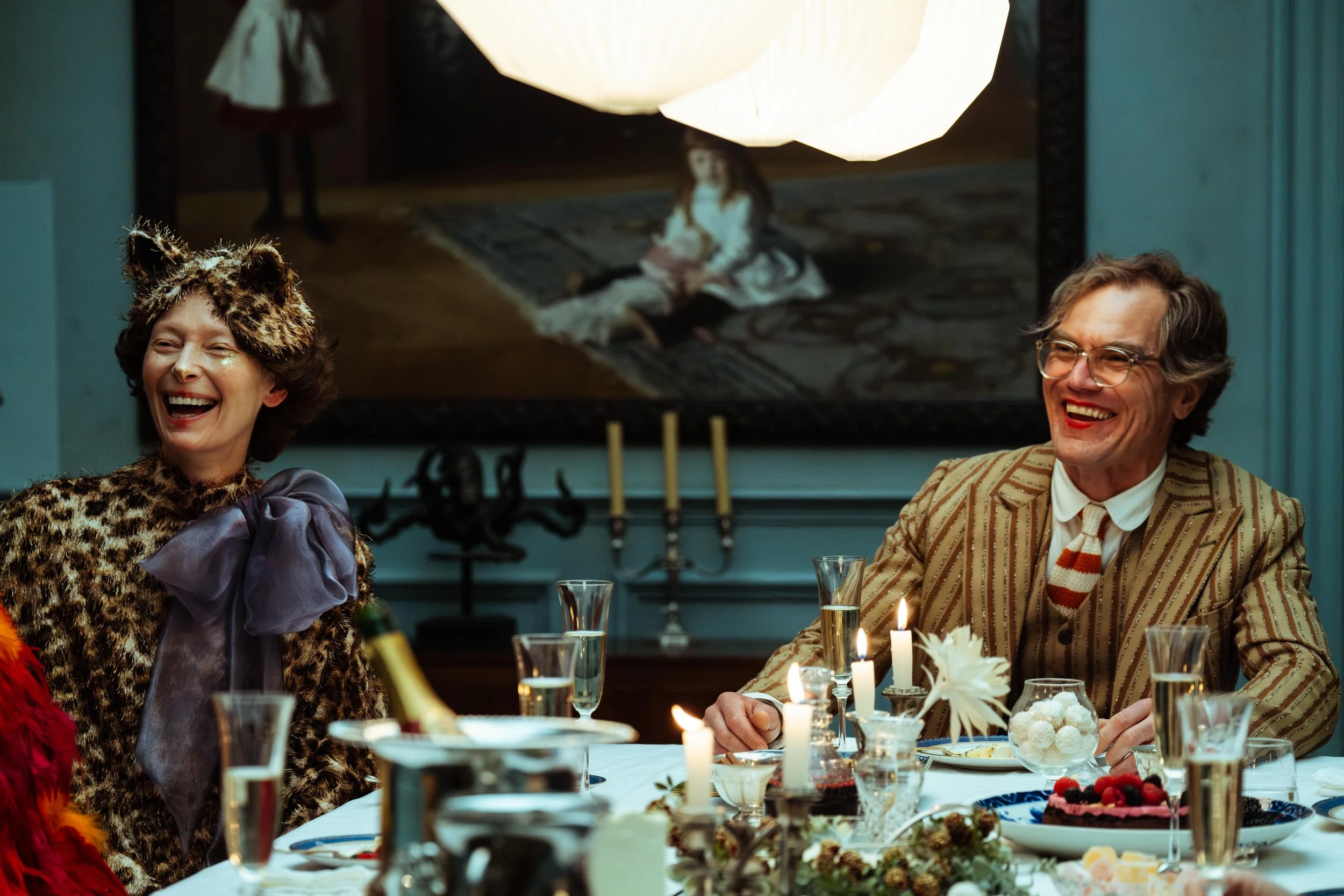Review: In 'Nosferatu,' director Robert Eggers injects some sensuality into the classic vampire tale, with help from a brilliant Lily-Rose Depp
Director Robert Eggers, in his first three movies (“The VVitch,” “The Lighthouse” and “The Northman”), has thrived in dark spaces — both literally in pre-electric eras and figuratively in the recesses of the soul — so it’s inevitable, I suppose, that he would happen upon the century-old vampire saga “Nosferatu.”
It’s also inevitable that he would take the classic story — inspired by Bram Stoker’s “Dracula,” with some creepy additions by the German director F.W. Murray for the 1923 original — and bring his own creepy and audacious style to the effort.
Set in early 19th-century Germany, Eggers’ version introduces us to Thomas Hutter (Nicholas Hoult), newly married to the lovely Ellen (Lily-Rose Depp) and starting a new job with a reputable financial firm where he expects to start building his fortune. His new boss, Herr Knock (Simon McBurney), assigns Thomas to travel to the Carpathian Mountains of Romania, to deliver papers to a very rich but somewhat eccentric new client, who buying a castle in Germany.
Hutter arrives in Romania, as assigned, and hears the locals’ fearful warning to stay away from the castle of Count Orlok (Bill Skarsgard), who only comes out at night. Skarsgard’s Orlok is a fearsome presence — and one of Eggers’ better revisions is giving Skarsgard a beefier appearance than the gaunt, hook-nosed and nakedly antisemitic caricature Murnau’s version had. Skarsgard’s hulking look and dark, full mustache makes Orlok appear like a ravenous creature.
If Orlok is the beast, Depp’s Ellen is his beauty. Ellen, we’re told, is haunted by visions, and seems to know Orlok’s desires as if they were her own. Depp is Eggers’ stealth weapon, mixing the fragility of a classic heroine with a will of iron — a necessary trait, when she learns from a vampire expert, Professor von Franz (Willem Dafoe, delightfully maniacal), that she is their only hope to destroy Orlok once and for all.
Eggers deploys old-school suspense and a growing sense of dread that makes this “Nosferatu” as chilling as one would expect from moviedom’s most ageless vampire. The surprising wrinkle is how, even with Skarsgard’s monster makeup, the movie conveys a raw erotic energy under the period horror trappings. The results are bloody wonderful.
——
‘Nosferatu’
★★★1/2
Opens Wednesday, December 25, in theaters. Rated R for bloody violent content, graphic nudity and some sexual content. Running time: 133 minutes.







